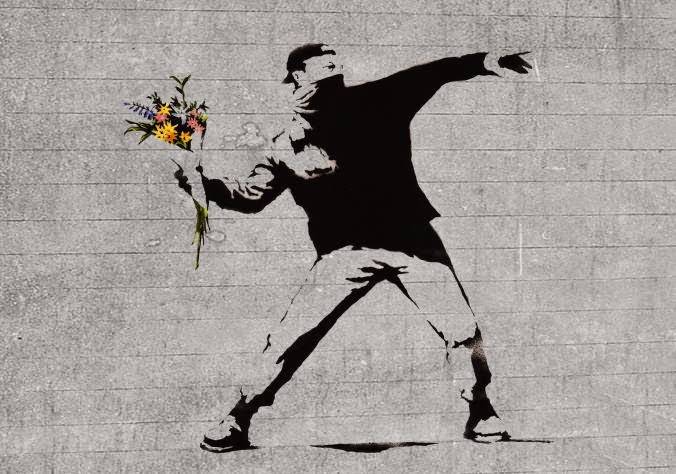The Wrong Kind of Historical Memory
Many people think
that remembering isolated bits of historical information on demand is a must
for every citizen in a democracy like ours. The folks who decide our history
curriculum standards certainly think so, even though they know that we’ll
forget most of the history we learned in school. A moment’s thought will tell
you that remembering the date of the invasion of Normandy in WWII when someone asks for it is
a poor indication of your understanding of history.
So let’s kill
this idea right now. If you don’t know the date of the Normandy invasion, you’ll manage just fine.
I teach history
in a public high school for a living, which means that I am more boring than
most people. When I’m at parties or family gatherings I have very little to
say. No one wants to hear about public policy or historical trends, except
other history teachers and cranks with extreme political ideas who want to
argue with me. So I’ve learned to keep my mouth shut at parties.
Curriculum committees
place a premium on knowing isolated historical facts, but you’re better off
knowing baseball trivia, or how to crochet. If you’ve ever met a real bore at a party, you know that
already. When I think back to my own high school class in American history – we
were required to take only one year of it, which tells you something about my
high school – I barely remember a thing. Mainly I remember that the teacher
told stories and showed movies. I do remember one piece of advice he gave us:
If you want to be rich, get a job at McDonald’s and live as cheaply as possible
so you can buy your own McDonald’s. Then use the profits to buy another
McDonald’s, and so on, until you have a chain of them. The lesson my teacher wanted
to convey was that most people lack the self discipline to make a bundle of
money, which is why most people aren’t rich. The lesson I took from the story
was that becoming rich was something so boring I would avoid it altogether, and
I did. I became a teacher instead.
In the classroom
I am stuck with this idea that learning facts is what history is all about, so
I give tests with questions that years from now my students will not need to
know the answers to, and thankfully, will have forgotten, so they can remember
more useful things, like to check their mail carefully for bills. Still, my
students expect these tests; if I didn’t give them, they’d be disappointed,
grow despondent and probably stop working altogether.
The really important
things my students do in history class don’t involve much declarative memory at
all. They research, write news articles, speeches and dialogs. They interpret
graphs and maps, write reports and make museum displays. They look at different
interpretations of events and decide which interpretation makes the most sense.
They debate and discuss. The put together collections of primary documents,
organizing them into a coherent whole, and explain what the collection means.
If my students ever need a fact when they’re doing any of these things, they do
what I do and look it up on the Internet or in a book. And if I have taught
them how to use sources properly, they will get their facts right, even the
date of the Normandy
landings.
Oh, yes, D-Day
was June 6, 1944. Operation Overlord. Forget it.

